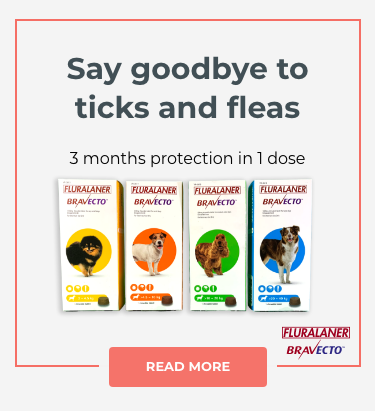What Every Dog Owner Needs to Know about Parvo
HEALTH & PROTECTION
30 Mar, 2023
5 minutes
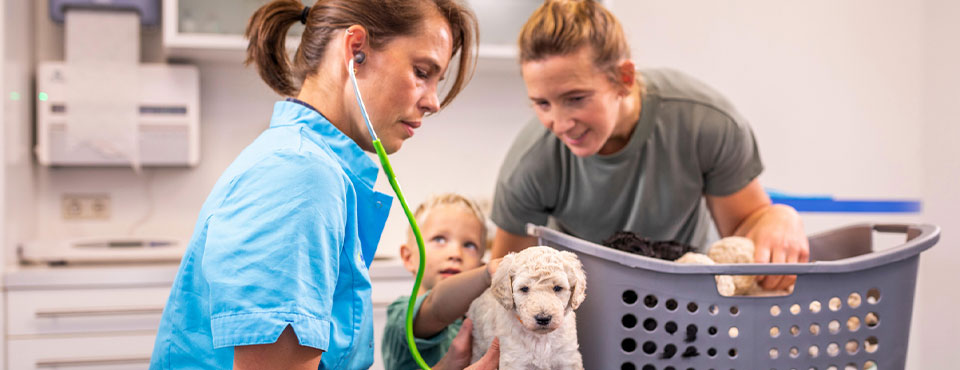
Parvovirus, often called “parvo,” is a common disease frequently found in puppies, with deadly consequences. The last thing any new dog owner wants to hear is a diagnosis of parvo, which is why it is important for everyone to be aware of the symptoms and how to prevent this fatal disease.
History of Parvo
First observed in dogs in 1978 in Europe and America, thousands of dogs died from parvovirus before a vaccine was available. Although there are no epidemics like this today, parvovirus remains a common disease in unvaccinated dogs. It is also the most frequent cause of mortality in puppies in breeding, mainly during the weaning period. Veterinarians often encounter puppies with parvo and it is often serious if not fatal.
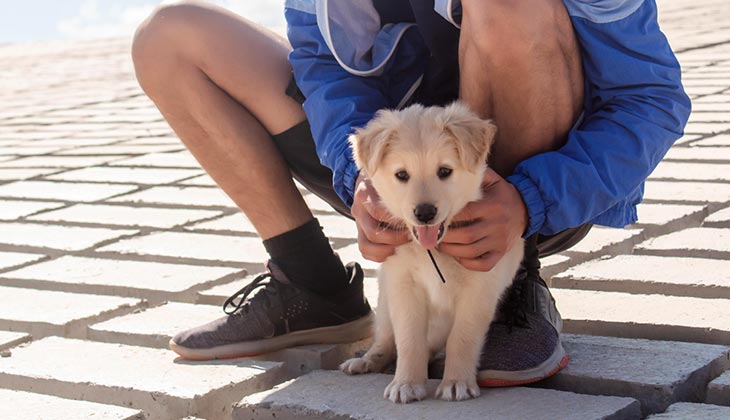
What is Parvo?
Parvo, caused by the parvovirus, spreads through direct contact with an infected dog or by indirect contact with a contaminated object. Your puppy or dog is exposed to parvo every time he or she sniffs, licks or consumes infected feces. Indirect transmission occurs when your pup encounters a contaminated object, like a food or water bowl, collars, leashes, and even the hands of people who have handled infected dogs.
The virus does the most damage in the stomach and small intestine, where it destroys cells, impairs nutrient absorption, and disrupts the gut barrier. Parvo also affects the bone marrow and lymphopoietic tissues, and in some cases, can also affect the heart.
Which animals are at risk for parvo?
All unvaccinated dogs are at high risk for developing parvo. Puppies ages six weeks to six months are most susceptible, but before six weeks, puppies still retain some of their mother’s antibodies assuming their mother received her full series of parvo vaccinations. Puppies are vaccinated against parvo at approximately 6, 8 and 12 weeks of age, but are still vulnerable to the disease until they have received all three shots in their vaccination series.
Certain breeds, such as Rottweilers, Doberman Pinschers and American Staffordshire Terriers (to name a few), are more susceptible to contracting parvo.
Overall, all dogs of all ages and breeds are at risk for parvo, but it is more common in puppies under one year of age.
How is parvo transmitted?
The main source of infection is through the feces of infected dogs. Parvovirus can persist in the environment for a very long time, often as much as 6 months or more, on the surface of even well cleaned walls or floors. It can be carried on clothing, the soles of shoes or on the fur of animals for several months, continuing to be the source of further contamination.
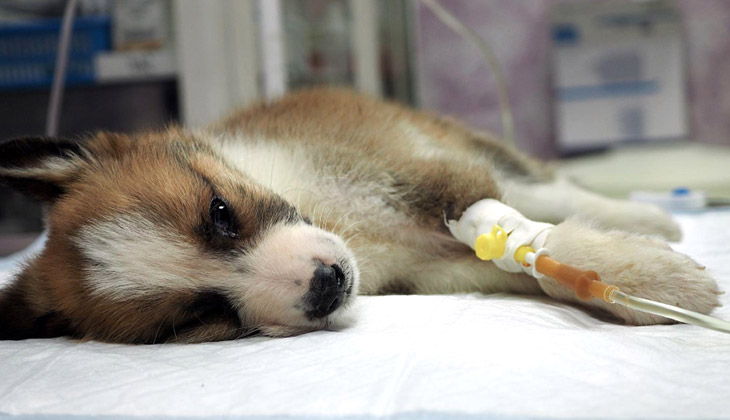
What are the signs of parvo?
A puppy or dog with parvo is a very sick dog. The sooner you catch the early signs of the virus, the sooner you can get your dog to the vet. Since parvo is common in young puppies, you should call your vet any time your puppy seems to be feeling under the weather, but you should also be aware of the specific symptoms of parvo:
- Bloody diarrhea
- Vomiting
- Fever
- Lethargy
- Refusal to eat
- Weight loss
- Weakness
- Dehydration
- Depression
All of these symptoms are serious on their own and could be a sign of parvo or another serious illness, so you should contact your veterinarian immediately if you observe any of them. If you suspect parvo, you should also notify the staff at your veterinarian’s office so that they can take appropriate precautions to quarantine your puppy upon arrival and prevent infecting other dogs.
How do you prevent parvo?
Parvo is a preventable virus. All puppies and adult dogs should receive their parvo vaccinations and continue doing so without any gaps in their vaccination schedules.
If your dog is a puppy, you should not allow him or her to come into contact with unvaccinated dogs until all of the parvo vaccinations have been administered. Make sure all dogs in your household are vaccinated and be very careful when socializing your puppy. Dog parks and other places where dogs congregate are potential sources of parvo, so it is usually a good idea to socialize your puppy in a less public environment.
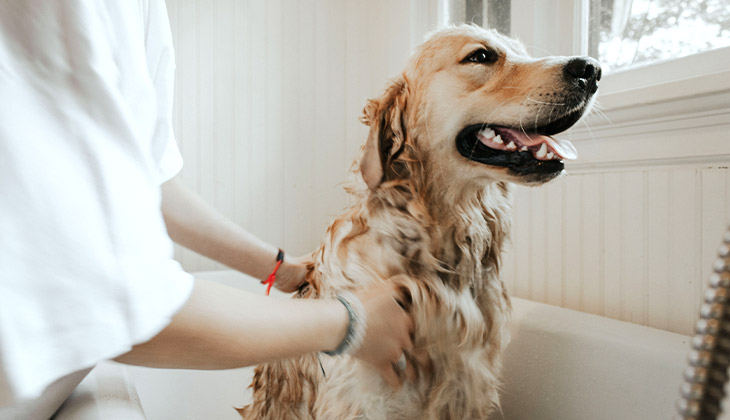
How do you treat parvo?
There is no specific treatment for parvo because it is a virus and antibiotics are not effective against viruses. When a dog becomes infected with parvo, treatment is generally supportive. Your veterinarian may administer infusions, anti-vomiting and anti-diarrhea medications, and hospitalization may also be necessary.
Parvo is a serious and highly contagious disease. Understanding how parvo spreads, the symptoms of parvo, the treatment options for parvo, and the best ways to prevent parvo will help you keep your dog safe. For more information about parvo, talk to your veterinarian.
RECOMMENDED
POPULAR PAGES
RELATED POSTS
-
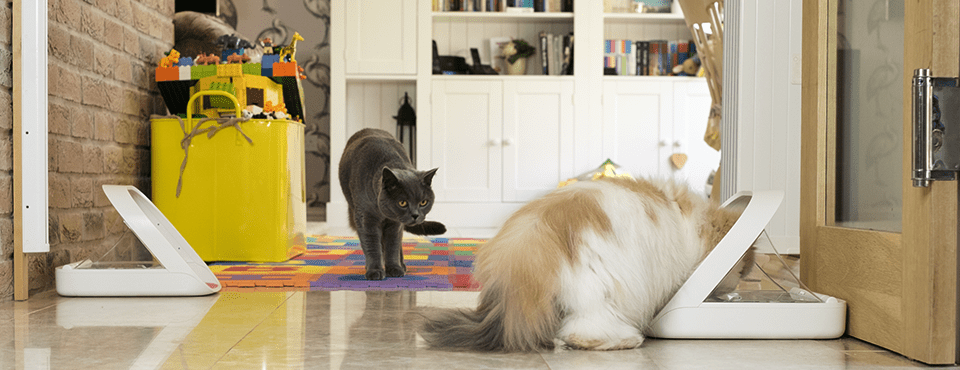
-
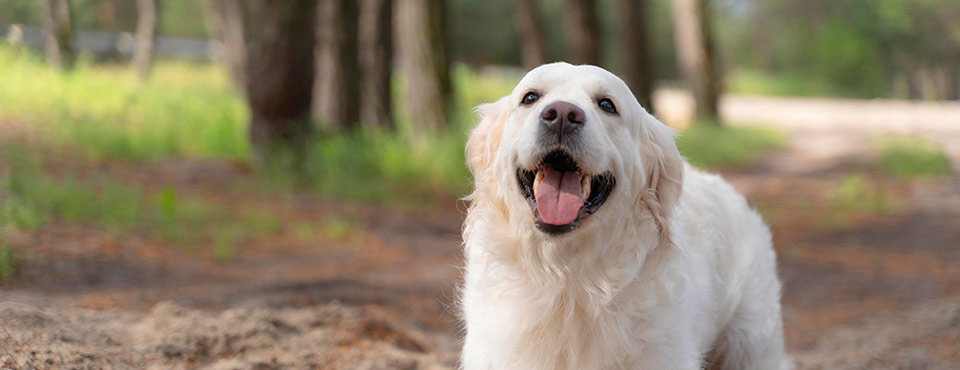
-

As a pet owner, you want your dog to have the best quality of life. Owners are able to recognize if their dog’s temperament is the same, they’re playful and active, seem comfortable, and enjoy their food normally.
-

Dental health in cats is very important for their development and health. Read more here and find out how to protect them.


